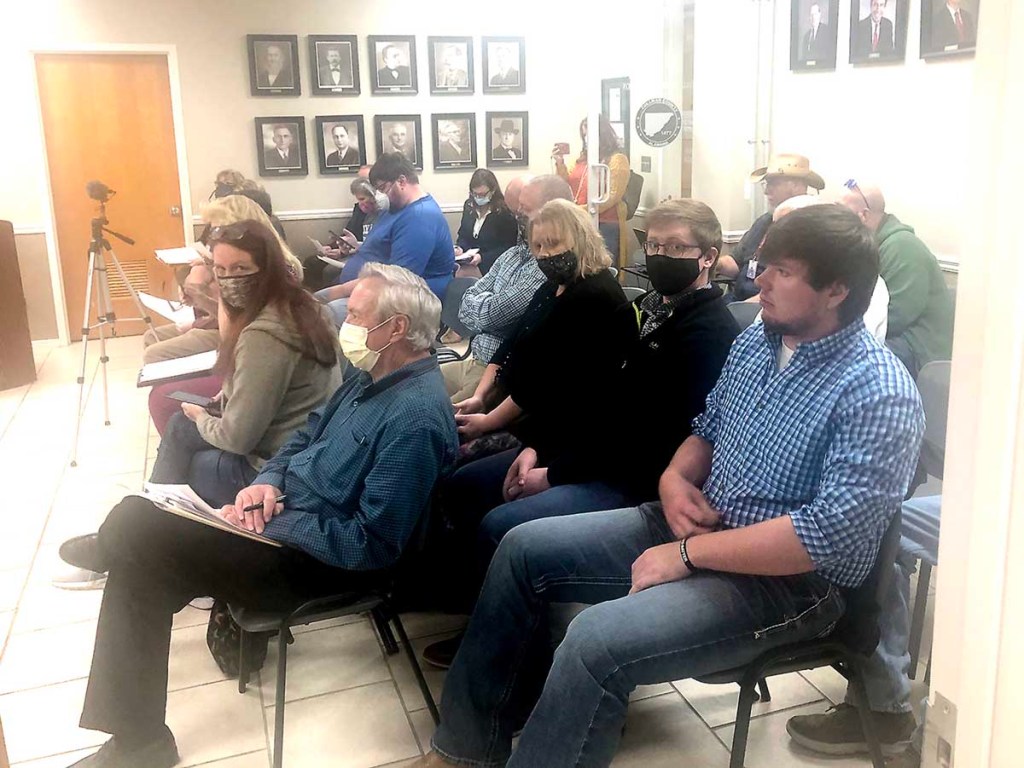(Year in review, No. 10) Five-member county commission becomes law
Published 4:45 am Saturday, December 19, 2020

- The Cullman County Commission was packed for its first evening meeting on Thursday, Nov. 19.
Editor’s note: The Times begins its countdown of 2020’s most noteworthy stories as determined by The Times editorial staff.
Over the years, there’s been a lot of on-again, off-again local ferment to change up the structure of Cullman County’s three-member commission form of government. This year, decades’ worth of talk turned to action.
Trending
Earlier this year, Gov. Kay Ivey signed into law a bill passed by the Alabama Legislature that will incrementally reshape the county commission’s three-member composition into a five-member body. Supported by all members of Cullman County’s local legislative delegation, the new law will convert the commission into its new form starting with the 2022 election cycle.
Not all of the staggered law’s requirements will wait until 2022, though. When new commission chairman Jeff Clemons presided over his first commission meeting last month, he ushered in an era that immediately puts one of the law’s stipulations into effect: conducting meetings in the evening, when a greater number of working citizens may have a chance to actually attend them in person.
In its soon-to-expire current form, the commission is made up of two associate commissioners — one who oversees roads and other matters on the county’s eastern side; the other who does the same on the western side — as well as the commission chairman, who casts the tie-breaking vote whenever a majority is needed. When the five-member setup comes along, though, the two associate commissioner slots — which have long been full-time positions — will go away, replaced by four part-time associate commissioners who each receive half the pay of the current pair.
On top of that, each of the four associates must reside in one of Cullman County’s four “quadrants,” with the intersection of U.S. Highway 278 and U.S. Highway 31 serving as the four-way diving line.
When 2022 arrives, the seats currently occupied by associate commissioners Garry Marchman and Kerry Watson will be on the ballot for four-year terms, while the two newly-created associate seats will only be up for two-year terms. That means that all four associate commissioners would face re-election at the same time in 2024, when four-year terms across the board will subsequently become the norm.
Even though the four associates will be residents of their respective administrative districts, they’ll nevertheless be elected to represent every resident of Cullman County. That’s a feature that local legislators emphasized at the time they introduced the five-member commission bill, with House Rep. Corey Harbison (R-Good Hope) previously telling The Times that he’s “opposed” to the concept of “running by districts, because after looking at it and studying it, I believe that would create issues with each commissioner fighting just for their district and not what is best for the county as a whole.”





